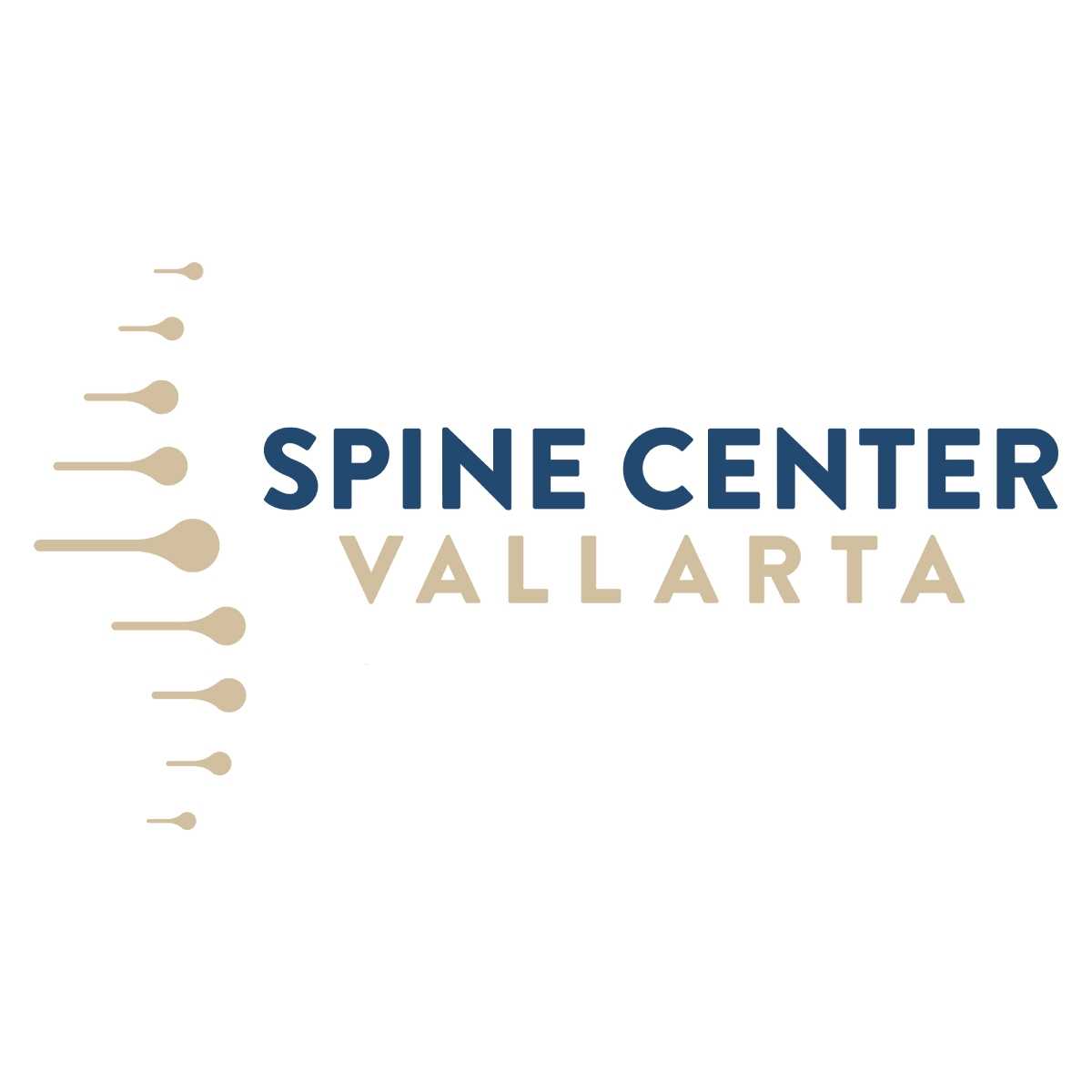Spinal Fusion in Mexico: What I Wish I Knew Beforehand
.png)
Chronic back pain can impact every part of life, and when conservative treatments fail, spinal fusion surgery may offer relief. In countries like the U.S., the cost can be overwhelming, which is why many patients turn to spinal fusion surgery in Mexico. With advanced hospitals, internationally trained neurosurgeons, and significantly lower costs, Mexico has become a trusted destination for medical tourism.
If you’re considering this option, you may wonder what the surgery involves, how to find a reliable surgeon, or what recovery looks like abroad. This guide covers everything you need to know—from costs and techniques to aftercare and realistic expectations—so you can make an informed decision and move toward a life with less pain.
What is Spinal Fusion Surgery?
-
Purpose: Relieves chronic pain and nerve issues by stabilizing vertebrae.
-
Procedure: Bone graft material is placed between vertebrae.
-
Autograft – from your own body.
-
Allograft – from a donor.
-
Synthetic graft – man-made substitute.
-
-
Support Hardware: Screws, rods, or cages may be used to keep vertebrae stable.
-
Healing: Fusion develops over several months, offering long-term relief.
How Much Does Spinal Fusion Surgery Cost in Mexico?
The primary driver for patients seeking medical care in Mexico is the substantial cost savings. The price for a spinal fusion in Mexico is often 60-80% lower than in the U.S. or Canada. This price difference is not due to a lower quality of care but rather the lower cost of living, operational expenses, and professional fees in Mexico.
Most reputable Mexican hospitals offer all-inclusive packages for international patients. These packages typically cover:
- Surgeon's and anesthesiologist's fees
- Hospital stay (including nursing care and meals)
- Surgical implants and hardware (rods, screws)
- Medications and operating room supplies
- Pre-operative tests and post-operative consultations
It is crucial to get a detailed, written quote that clarifies what is included and what is not (e.g., travel, accommodation outside the hospital, post-discharge physical therapy). This transparency ensures there are no financial surprises along the way.
Is Spinal Fusion Surgery in Mexico Safe?
Patient safety is crucial when traveling for surgery. Choose hospitals with international accreditations, like JCI, which ensures top standards in care and safety.
Furthermore, research your surgeon's credentials. Top neurosurgeons in Mexico are often board-certified, have completed fellowships or training in the U.S. or Europe, and are members of international medical societies. They use the same advanced technology and techniques found in leading hospitals worldwide. Reading patient testimonials and speaking with former patients can also provide valuable insight and reassurance.
How Do I Find the Best Neurosurgeon in Mexico?
Choosing the right surgeon is the single most important factor for a successful outcome. Here are key steps to follow:
- Verify Credentials: Ensure the surgeon is board-certified in neurosurgery or orthopedic spine surgery. Many top surgeons in Mexico have profiles on medical tourism platforms where credentials can be verified.
- Assess Experience: Ask how many spinal fusion procedures the surgeon performs annually. A high volume often correlates with better outcomes.
- Review Patient Testimonials: Look for detailed reviews that speak to the surgeon's skill, communication style, and the overall patient experience.
- Schedule a Consultation: A virtual consultation is a great opportunity to ask questions, discuss your specific case, and gauge your comfort level with the surgeon.
A reputable surgeon will be transparent about their experience, success rates, and the potential risks of the procedure. They should make you feel informed and comfortable, not pressured.
What Types of Spinal Fusion Techniques Are Used in Mexico?
The type of spinal fusion performed depends on the location of the affected vertebrae and the surgeon's preferred approach. Surgeons in Mexico are proficient in all modern techniques.
| Fusion Technique | Surgical Approach | Description |
|---|---|---|
| ALIF | From the front (anterior) | The surgeon accesses the spine through an incision in the abdomen. This avoids disrupting the back muscles. |
| PLIF / TLIF | From the back (posterior) | The surgeon makes an incision in the back to access the spine. The TLIF approach is a variation that accesses the spine from the side of the spinal canal, reducing nerve root manipulation. |
| Minimally Invasive Surgery (MIS) | Varies | Uses smaller incisions and specialized tools to reduce muscle damage, leading to less pain and a faster recovery. |
What is the Recovery Process Like in Mexico?
Recovery begins immediately after surgery, with hospital staff managing pain and helping you move—often the same day—to prevent blood clots and complications.
Once discharged, you’ll stay in a hotel or recovery facility and attend follow-ups to check incisions and remove staples. You’ll receive clear “no BLT” (bending, lifting, twisting) instructions and wear a back brace for support while your spine heals.
What are the Risks of Spinal Fusion Surgery?
It's essential to have an open discussion with your surgeon about all potential complications. While the success rate for spinal fusion is high, no surgery is without risk. Some potential issues include:
- Infection: Hospitals in Mexico follow strict sterilization protocols to minimize this risk.
- Hardware Problems: Rarely, screws or rods can break or move before the fusion is complete.
- Pseudoarthrosis: This is when the bones do not fuse properly, which may require another surgery. Following post-op instructions, especially avoiding smoking, is key to preventing this.
- Adjacent Segment Disease: Fusing vertebrae can put extra stress on the levels above and below the fusion, which may cause new problems years later.
How Long Should I Plan to Stay in Mexico?
This timeframe allows for proper immediate post-operative care and ensures you are stable and comfortable enough for the journey home. Traveling too soon after major surgery can increase the risk of complications like blood clots. Your surgeon will give you the final clearance for travel based on your individual recovery progress.
What Can I Expect My Life to Be Like After Spinal Fusion?
The main goal of spinal fusion is lasting pain relief and better function. While recovery takes time, most patients see positive results. It’s important to have realistic expectations—pain may not disappear completely but should become far more manageable.
Long-term success depends on following your surgeon’s advice. Physical therapy, core strengthening, maintaining a healthy weight, and staying active all play key roles in protecting your back after surgery.
Are you ready to find a solution for your chronic back pain? PlacidWay is your trusted partner in connecting you with world-class hospitals and the best neurosurgeons for spinal fusion surgery in Mexico. Explore your options for a pain-free future today!


.png)








.png)





Share this listing